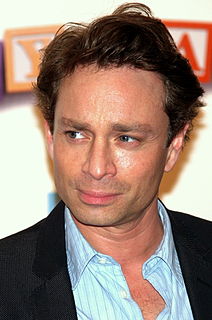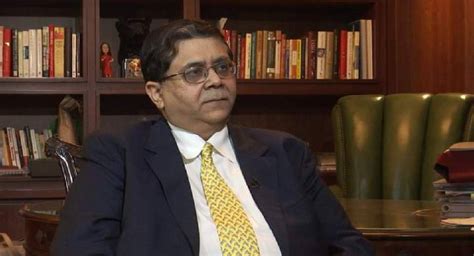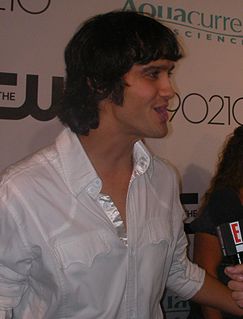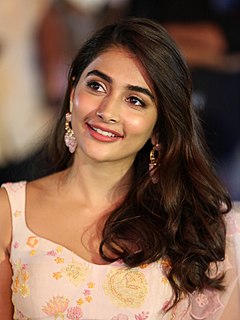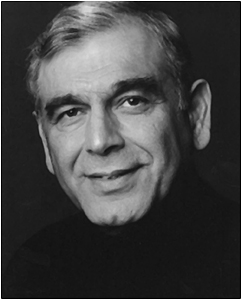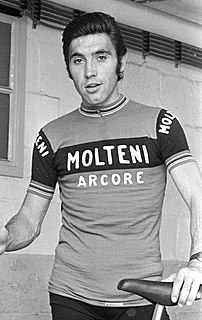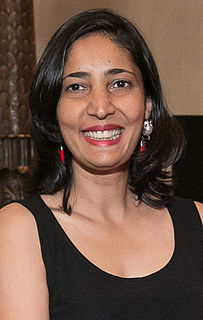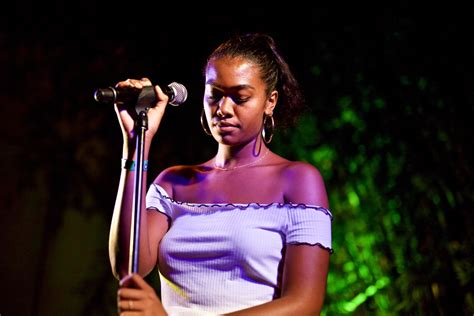A Quote by Chris Kattan
It's a different thing shooting for 10 weeks in India as opposed to on a set on stage pretending you're in India.
Quote Topics
Related Quotes
There are really at least two Indias, there is an India or a shining India the one which the west seas usually through urbanize and there is an India outside some of the big metro policies and in even the tier two cities and in rural India which is completely different. It goes by the name of Bahar which is a traditional name for India.
In 'Purab Aur Paschim,' there's one of the nicer patriotic scenes which is patriotic without going jingoistic. There's a scene set in a rotating restaurant, where Pran, who has left India, is completely running India down and Manoj Kumar is taking up for India. And there's that song 'Jab Zero Diya.'
I want to explore a new place each year, and it can be within India. When I was shooting for 'Mohenjo Daro', I couldn't travel out of the country for two years. But it gave me an opportunity to explore new places within India. I'm sure there are so many places to explore in India, and I would love to go there.
I returned to India because I believe in an India of honesty and hard work, not of corruption and crookedness. I believe in an India of openness and straightforwardness, not of hypocrisy and double-dealing. I believe in an India where opportunities are available to all, and not just to a chosen few.
When I wrote 'Monsoon,' I always imagined the music video being shot in India. The song had so much to do with my time in India with my mother as well as leaving her in India during the monsoon season to visit my family in N.Y. It really was a dream come true when I was given the opportunity to shoot in India.
